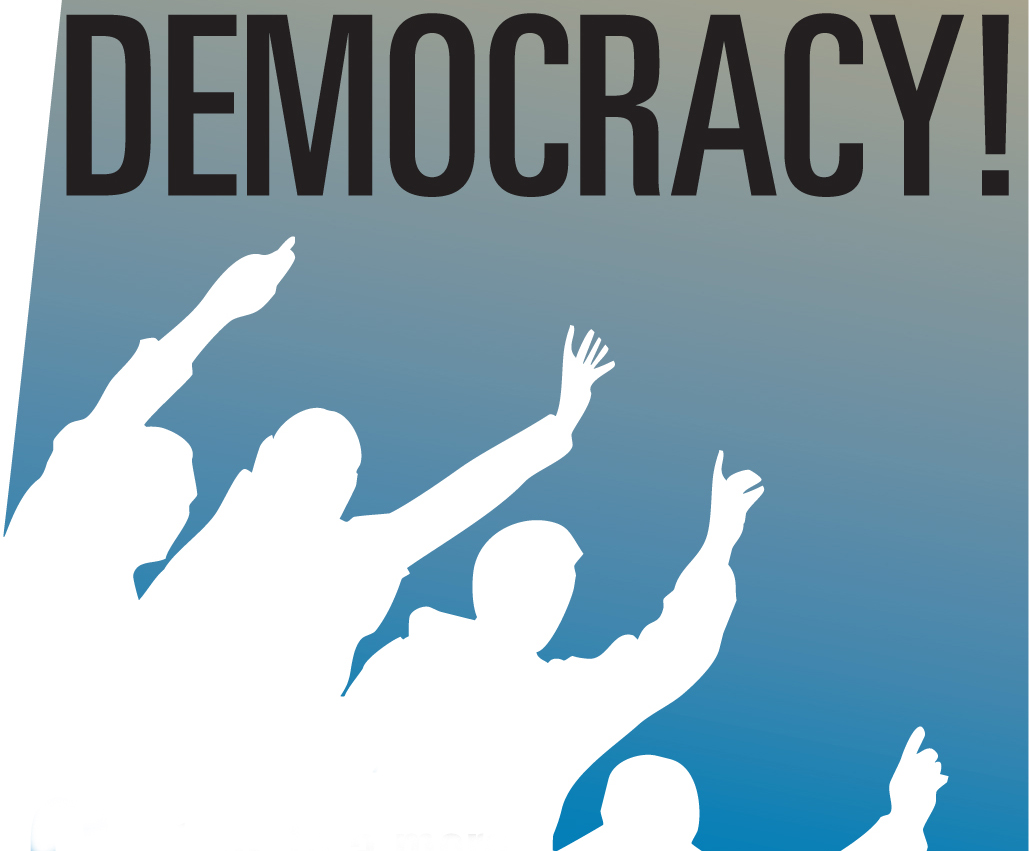In recent times, India’s credibility of being the largest democracy has been maligned due to the manner in which electoral politics is played here. In place of awakened, service spirited leadership, criminals and vested interests are being elected.
Use of state machinery by the ruling party, selection of candidates with huge surplus of wealth, booth capturing, rigging, electoral violence, politicization of caste and religion are some prominent factors that have put question mark on fair electoral process.
The events during elections are but one aspect of electoral malpractices. There remain other crucial factors that affect the wider society as well. N.N. Vohra Committee (1993) reported that, “CBI has reported that all over India, Crime syndicates have become law unto themselves.
ADVERTISEMENTS:
The means between criminal gangs, police, bureaucracy and politicians has come out clearly in various parts of the country.
The existing criminal justice system, which was essentially designed to deal with the individual offences/crimes, is unable to deal with the activities of the mafia.”
A four member panel during 1998 Lok Sabha election, consisting of justice Kuldip Singh, Madhav Godbole, C. Subramanium and Swami Agnivesh indicated that 72 candidates had criminal records.
ADVERTISEMENTS:
The talks for reform of electoral system are not a recent event. Tarkunde Committee was set up in 1975 by Jai Prakash Narayan. Similarly Dinesh Goswami Committee (1990) and Indrajeet Gupta Committee (1998) also proposed reforms. The Law Commission (1999) suggested a comprehensive reform in electoral and party system.
Measures of Electoral Reform:
Some of the measures include:
1. The election commission should be entrusted full disciplinary executive authority during polling. To ensure that the institution acts as a federal agency, the election commissioners must be appointed by the union executive in consultation with the Chief Justice of India and the leader of opposition in the Lok Sabha, subject to ratification by the Rajya Sabha.
2. There should be regular elections in the party and they should show respect to democratic norms. They should maintain transparency in their income and expenditure.
ADVERTISEMENTS:
3. To some extent, state funding of election can be worked out, as suggested by Indrajeet Gupta Committee.
4. There should be periodic rotation of reserved seats for schedule castes and scheduled tribes.
5. A working formula must be outlined to give special representation to the women.
The history of reforms in India is ample proof of the fact that political leadership is reluctant to mechanize wide range of electoral changes.
However, of late it has shown sensitiveness towards these issues. Limiting the size of the council of ministers and disqualification of defectors are welcome sign. But, to strengthen the electoral system, India has a long way to go.

